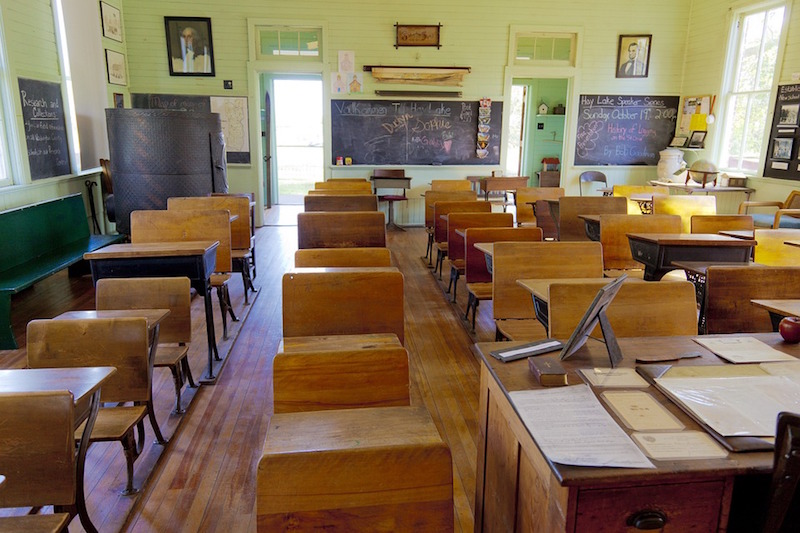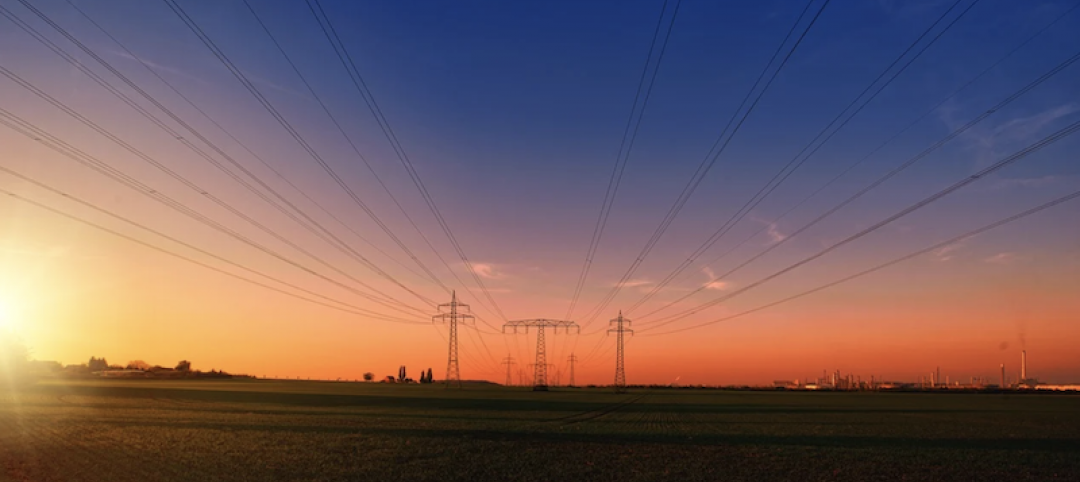The U.S. Department of Energy recently launched the zero energy schools accelerator, an effort to develop cost-competitive zero energy school design.
Six school districts, two states, and several national organizations are working collaboratively on the effort. DOE defines a zero energy building as “an energy-efficient building, where on a source energy basis, the actual delivered energy is less than or equal to the onsite renewable exported energy.”
The program’s goal is to quickly make Zero Energy K-12 schools more mainstream. Participating school districts commit to developing their own zero energy plans for a district project within a year. They can also engage with fellow states and school districts, and gain support from regional and national organizations.
Officials kicked off the program at a school in Arlington, Va., that features advanced next generation energy efficiency and renewable power features, including solar rooftop and geothermal heating and cooling systems. Zero Energy schools have the potential to save 65%-to-80% in energy consumption, depending on climate the zone, DoE says.
Related Stories
Codes and Standards | Apr 29, 2021
Dept. of Energy publishes energy savings analysis for ANSI/ASHRAE/IES Standard 90.1-2019
More than 4% savings for commercial buildings found for the updated code.
Codes and Standards | Apr 28, 2021
Building-integrated solar power turns buildings into power plants
Multiple alternatives could replace or complement rack-mounted PV arrays.
Codes and Standards | Apr 27, 2021
Ten real estate groups sign on to New York State’s high-rise decarbonization challenge
Each signee commits to carbon neutrality in one or more high-rise buildings it owns.
Codes and Standards | Apr 26, 2021
Dozens of companies, organizations call for Congress to double Energy Star funding
Despite broad support, program’s budget has steadily declined in recent years.
Codes and Standards | Apr 22, 2021
Alabama fire chiefs oppose proposal to change school building code oversight
Bill would move code compliance control from state to local boards.
Codes and Standards | Apr 21, 2021
After dry winter, California ramps up wildfire prevention efforts
State to spend half a billion dollars on projects including making buildings more fire resistant.
Codes and Standards | Apr 20, 2021
U.S. electric grid is halfway to zero carbon
Other sectors including buildings lag power industry.
Codes and Standards | Apr 19, 2021
Failed landmark preservation effort in Chicago provides lessons for planners
Gentrification fears heightened among Pilsen neighborhood residents doomed ambitious preservation plan.
Codes and Standards | Apr 14, 2021
New Phase 1 Environmental Site Assessment standard debuts in 2021
Will affect 250,000 commercial real estate deals a year.
Codes and Standards | Apr 13, 2021
British Columbia moves to accelerate mass timber construction
Province funds demonstration projects as part of economic recovery.

















